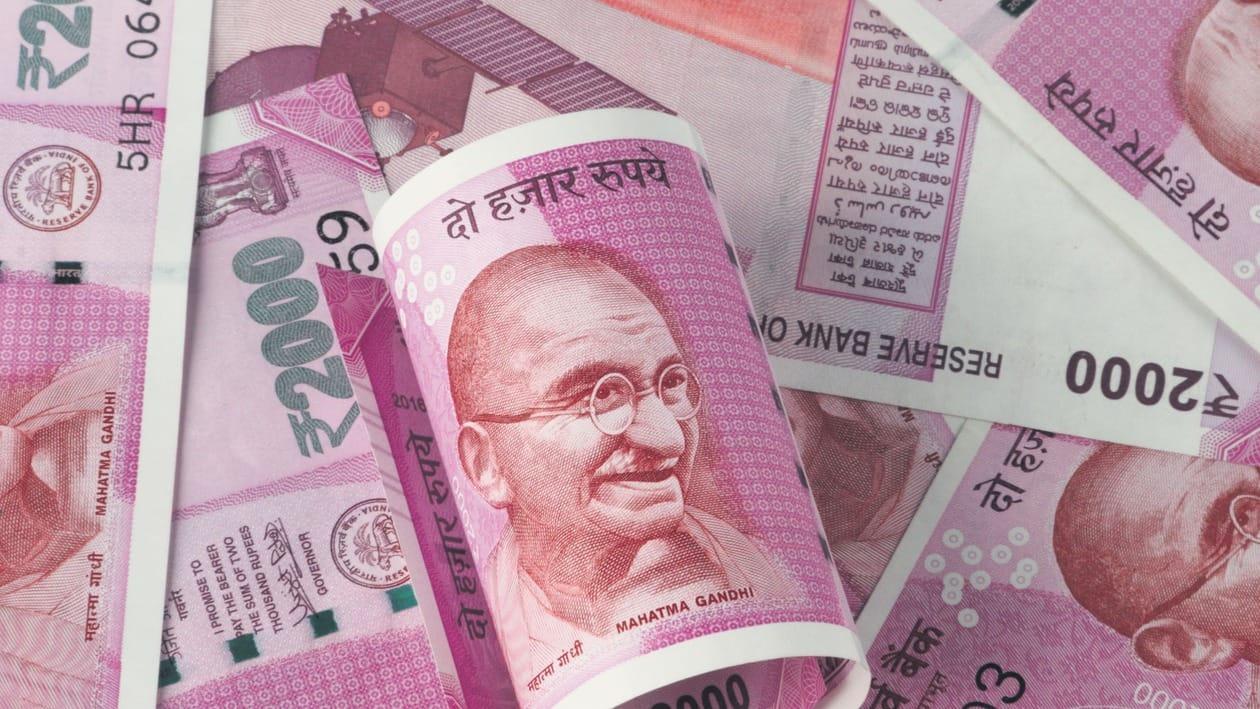Depositing money in a bank is a decision that requires considerable trust. After all, you are entrusting your hard-earned money to an institution that may or may not be able to keep it safe. To alleviate this risk, many governments have implemented deposit insurance schemes.
Deposit insurance is a system of financial protection that a government or regulatory body provides to depositors in case a bank or financial institution fails. Deposit Insurance and Credit Guarantee Corporation, a subsidiary of the Reserve Bank of India, insures all deposits up to a certain limit.
But have you ever wondered what happens if a bank’s deposit insurance is revoked?
In this article, we will discuss the circumstances under which the DICGC may revoke the deposit insurance coverage of any bank and what happens after the deposit insurance has been revoked.
What is deposit insurance?
Deposit insurance is a system of financial protection that a government or a regulatory body provides to depositors in case a bank or a financial institution fails. In other words, it is a guarantee given by the government or the regulatory body that a depositor's funds are safe even if the bank or financial institution fails.
The Deposit Insurance and Credit Guarantee Corporation (DICGC) is a subsidiary of the RBI and provides deposit insurance up to a certain limit. It insures all deposits, including savings, fixed, current, and recurring deposits held by individuals, companies, and other entities with a registered bank in India. The amount of insurance coverage provided is up to Rs. 5 lakhs per depositor per bank.
When can DICGC revoke the insurance coverage of a bank?
The DICGC may revoke an insured bank's coverage if it fails to pay the premium for three consecutive periods. In such a case, the public will be notified through newspapers. However, if a bank fails to pay the premium for three consecutive periods, it does not immediately mean that the bank's insurance coverage will be revoked.
The DICGC will first issue a notice to the bank, informing it of the default in payment and reminding the bank of its obligation to make the payment. The DICGC may also grant the bank a period of grace to make the payment. If the bank fails to make the payment within the stipulated period, then the DICGC may revoke the bank's insurance coverage.
Additionally, if a bank is not allowed to receive fresh deposits or its license is cancelled or a license is refused to it by the RBI, the registration of the bank will be cancelled by the DICGC. This cancellation of registration is done to ensure that the depositors’ money is safe and secure.
What happens after deposit insurance is revoked?
If DICGC revokes a bank’s deposit insurance, the depositors of that bank will no longer be eligible for deposit insurance coverage. This means that the depositors will no longer be able to claim their deposits in the event of a bank failure.
The DICGC will usually revoke a bank's deposit insurance if it finds that the bank is not meeting its obligations to customers, or if it has significant financial problems. It may also revoke insurance if the bank has been involved in fraudulent or illegal activities.
When a bank's deposit insurance is revoked, it is typically placed under the regulatory control of the RBI. This means that the RBI will monitor the bank's operations and ensure that it complies with all applicable regulations. The bank may also be required to make certain changes to its operations in order to comply with RBI regulations.
The DICGC plays a vital role in protecting the interests of depositors and ensuring the stability of the banking system in India. It is important to understand the circumstances under which the DICGC may revoke the deposit insurance coverage of any bank.
